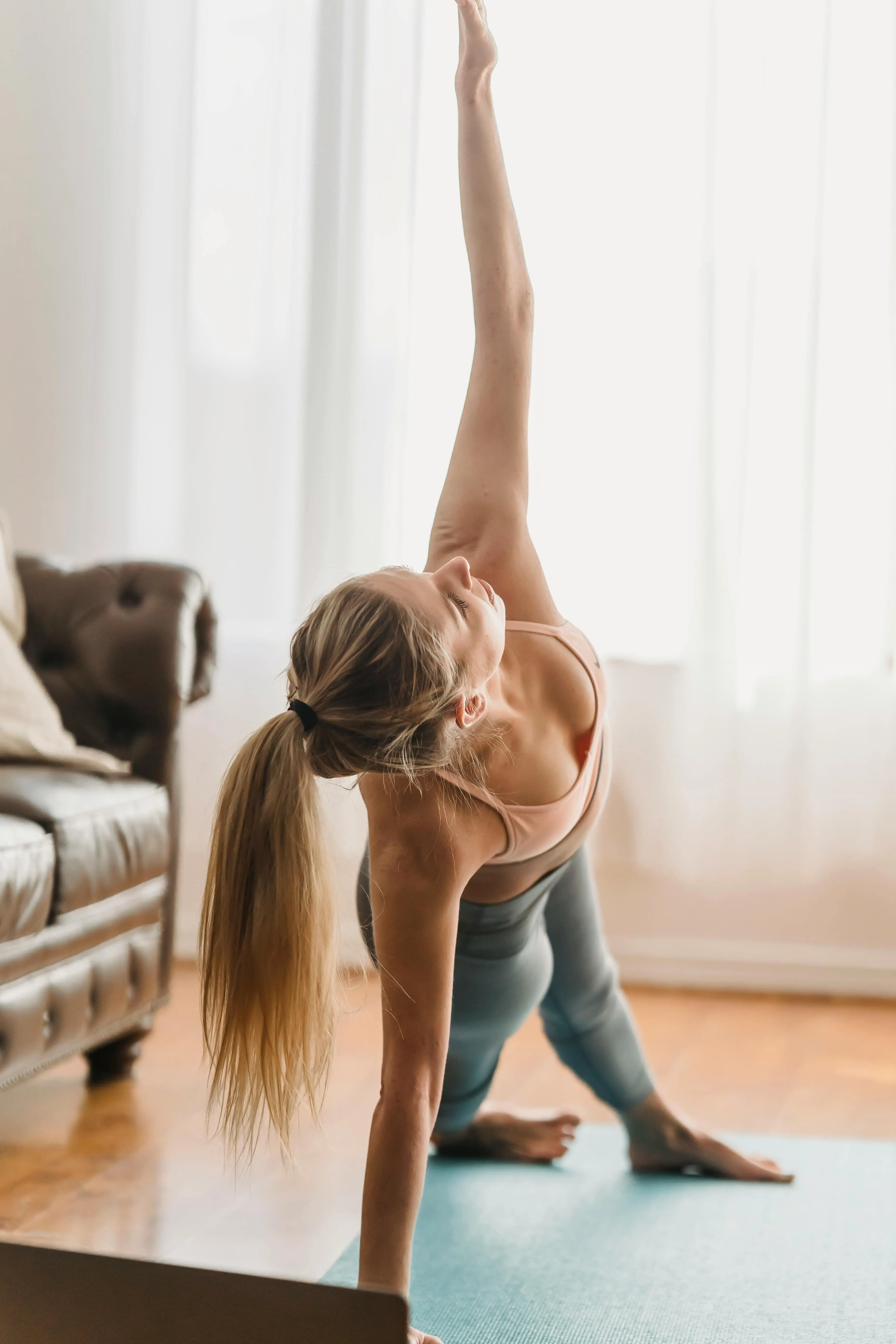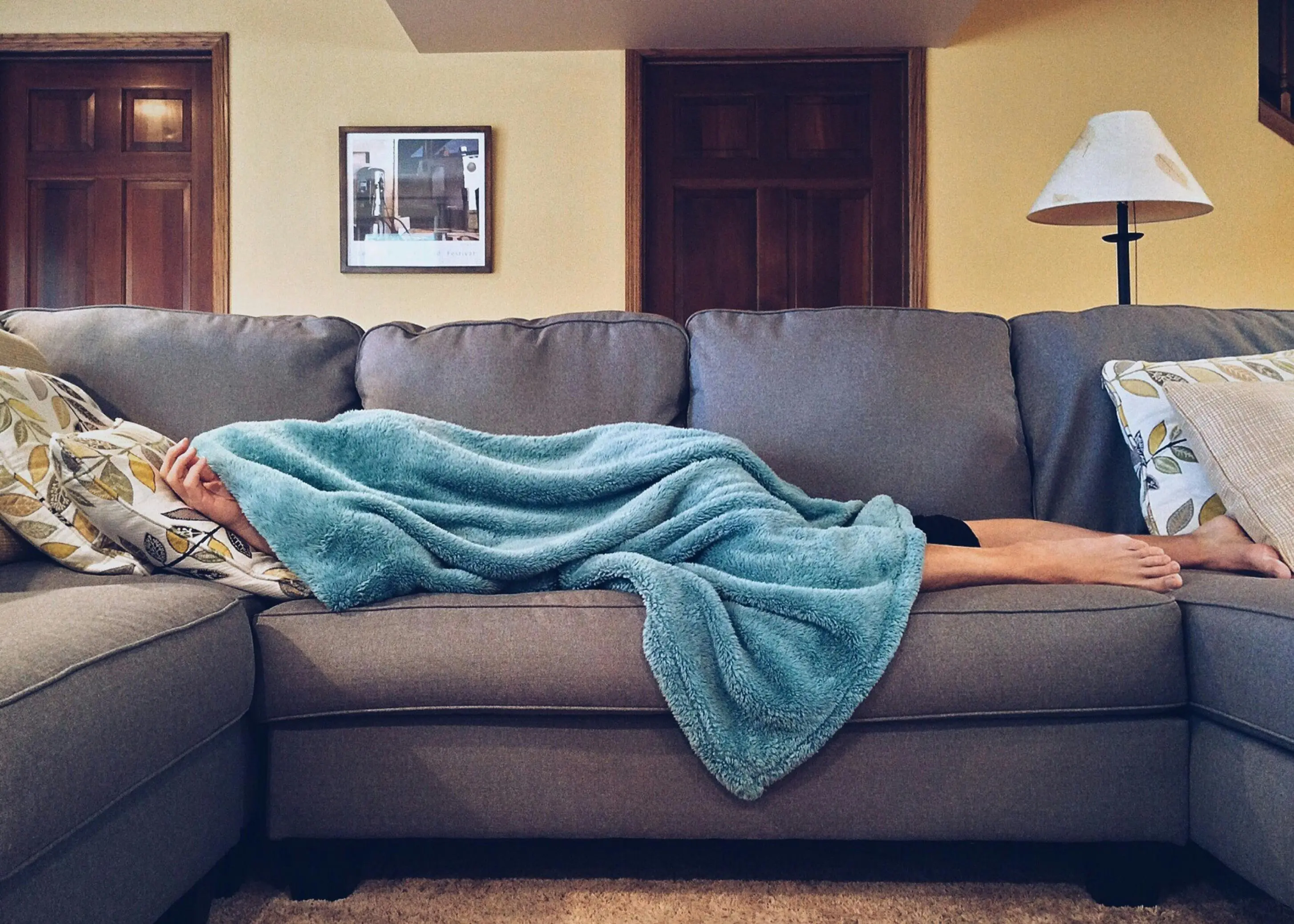How to Create the Ultimate Evening Routine for Better Sleep
Sleep is a pillar of well-being, but many struggle with relaxing in the evening. Here we walk you through how to create a simple custom evening routine that boosts your sleep quality and ends the day in the best way.

Introduction
On a stressful day, it can be hard to unwind -- and many underestimate how much a good evening routine affects the quality of sleep. According to research published in Sleep Medicine Reviews (2020), a consistent evening routine can improve sleep quality by up to 30%, showing that small but effective habits can make a big difference to the night's rest.
Create Your Evening Routine: Step by Step
Find a consistent schedule
Going to bed at the same time every night is one of the easiest and most effective strategies for better sleep. A study published in Journal of Clinical Sleep Medicine (2017) showed that individuals with regular sleep habits experienced fewer sleep disturbances and had a better quality of sleep than those with irregular schedules. By sticking to a regular sleep pattern, you help your body's internal clock work properly.
One tip is to set a reminder 30-60 minutes before bedtime to begin your evening routine. This will help you to let go of the day and prepare the body and brain for rest.
Reduce screen time
Many of us check our phones or computers late into the night, but the blue light from screens can interfere with the production of melatonin, the hormone that makes us naturally sleepy. A study published in Proceedings of the National Academy of Sciences (2015) found that people who used screens in the final hours before bedtime experienced a deterioration in sleep quality and a delay in sleep time.
Therefore, try to turn off all screens at least an hour before bedtime and instead opt for calming activities. For example, you can read a book, write down your thoughts in a diary, or listen to quiet music. These activities help both the body and the mind to unwind.
Create a calm atmosphere in the bedroom
Your bedroom should be your free zone for rest. A dark, cool and quiet room helps the body associate it with sleep. Invest in blackout curtains, a comfortable mattress and bedding that feels soft against the skin. You can also use an air purifier or essential oils, such as lavender, to create a relaxing environment.
Don't forget to clean away distractions and keep the bedroom free of work or electronics. According to a report published in Environmental Health Perspectives (2021), reducing sound and light in the bedroom can contribute to an increase in sleep quality by up to 20%.
Practice relaxing activities
Relaxation is an important part of a good evening routine. Try activities that will help you release the stress of the day and get down to laps. Here are some examples:
- Meditation: A few minutes of deep breathing can help you relax.
- Yoga: Light stretching exercises cause the body to release tension.
- Hot bath: Taking a warm bath before bed lowers body temperature and signals to the body that it's time to sleep.
Relivo offers, among other things, products that can support relaxation, such as soothing teas or supplements with ingredients that act as a balance.
Diet and drinks in the evening
Avoid caffeine and large meals
Coffee, cola and even chocolate can affect your sleep if consumed too late in the day. According to research published in Journal of Sleep Research (2013), caffeine intake up to six hours before bedtime may reduce sleep duration by over an hour. Instead of caffeinated drinks, consider a decaffeinated herbal tea, such as chamomile, which is known for its calming properties.
Add nutrition that supports sleep
Foods that contain natural sleep-supporting nutrients can contribute to a better night's sleep. Almonds, bananas and milk are some examples of ingredients with magnesium and tryptophan, which are known for their calming effects.
Build habits that make sleep a priority
Identify your sleep-disrupting factors
Stress and anxiety are common causes of poor sleep. By writing down what worries you about tomorrow or making a to-do list, you can get your thoughts out of your head and focus instead on relaxing.
Physical activity during the day
Exercise, even if it's light exercise like a walk, has been shown to improve sleep quality. According to a study in Sleep Science (2018), participants who practiced regularly experienced deeper sleep and faster sleep. Just be sure to avoid intense exercise too close to bedtime, as it can make it difficult to unwind.
Summary
A good evening routine is all about giving both the body and the mind signals that it's time to relax after a long day. With small adjustments such as reducing screen time, creating a calm atmosphere, and building consistent sleep habits, you can significantly improve your sleep quality. By implementing research-based methods, you can optimize your evening habits and set the stage for a good night's sleep.











